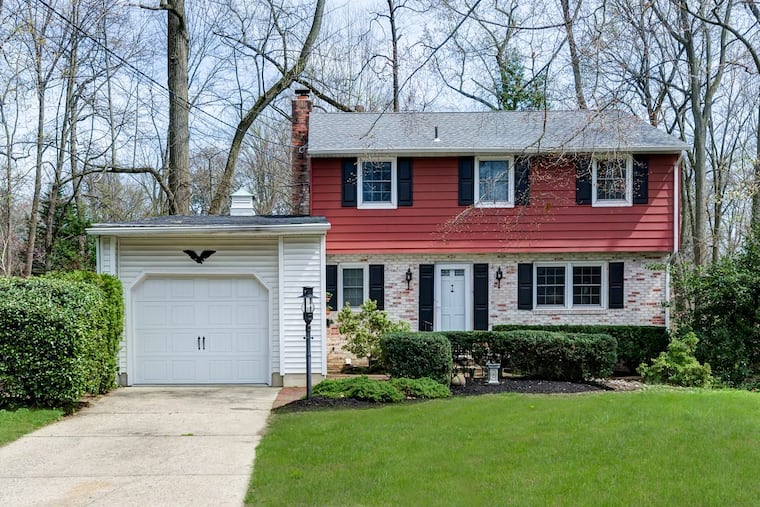Moorestown agrees to add affordable housing, open door to mall redevelopment
The agreement between Moorestown - one of South Jersey's most affluent communities - and the Fair Share Housing Center is the latest in a series of settlements by municipalities across the state under the New Jersey Supreme Court's Mount Laurel rulings, which date back decades and require communities to accommodate housing for low- and moderate-income residents.

Moorestown Township has planned for more than 300 new low- and moderate-income housing units, and will open the door to redevelopment of Moorestown Mall as part of a settlement over the township's affordable-housing obligations.
The agreement reached Friday between Moorestown — one of South Jersey's more affluent communities — and the Fair Share Housing Center is the latest in a series of settlements by municipalities across the state under the New Jersey Supreme Court's Mount Laurel rulings, which date back decades and require communities to accommodate housing for low- and moderate-income residents.
The settlement "will ensure that hundreds of families across South Jersey will have the opportunity to move into one of the most desirable communities in the state and be able to enjoy the benefits of safe neighborhoods, access to really good schools, and the ability to live close to where they work," said Anthony Campisi, a spokesman for Fair Share, a Cherry Hill-based nonprofit.
Moorestown Mayor Stacey Jordan said Monday that "it was extremely hard to get to this place." The township council decided it was better to settle than to accept Fair Share's calculation of its obligations — which was significantly higher — or let the court decide the matter, Jordan said.
"I think it's the best that we could do for our town," she said.
In addition to identifying parcels available for the development of housing, Moorestown committed to zone three commercial properties for mixed use: Moorestown Mall, the Lenola Shopping Center and a former Kmart store on Route 38.
For the mall, the zoning change could mean up to 1,065 housing units, including 213 affordable units, according to the agreement, and other uses ranging from retail and dining to offices, entertainment, hotels and open space.
After years of failure by the state to enforce affordable-housing requirements, the state Supreme Court in 2015 directed municipalities that hadn't met their obligations to submit plans for doing so to Superior Court. That led to a battle over how to calculate the requirements in each community — one that the Burlington County township resolved Friday.
Under the settlement, Moorestown identified three other properties for development of mixed market-rate and affordable housing totaling 509 units, including 116 affordable units. It also designated a location for standalone development of 75 affordable family units and opened the door for the township to partner with an organization to develop 20 bedrooms of special-needs housing in group homes in or near residential neighborhoods.
And it plans to provide 15 "accessory apartment" units — created within an existing unit, or as an addition to or in an accessory building — as well as 30 units through a "market-to-affordable" program, buying market-rate units and designating them for low- or moderate-income households.
The agreement specifies that at least 50 percent of new affordable units will be designated for low-income households, including 13 percent for very low-income households. The other 50 percent will be for moderate-income households.
Income limits are based on regional median income, adjusted by household size. For Burlington, Camden, and Gloucester Counties last year, a family of four that earned $66,560 was considered moderate income; $41,600, low income; and $24,960, very low income.
Moorestown also agreed to pay Fair Share $40,000 in attorney fees. It will face other costs for certain housing developments. Jordan declined to estimate those, saying the township was still negotiating with developers. The township has an affordable housing trust fund, funded by developer fees, but Jordan said costs may exceed its value.
Fair Share has reached settlements with more than 190 New Jersey municipalities; more than 100 have not yet settled, Campisi said. A Mercer County judge this month ordered Princeton and West Windsor to plan for more affordable housing, endorsing a methodology that concluded the state should add 155,000 affordable housing units by 2025.
The court must still approve the settlement with Moorestown. Once it does, the township will face 120-day and 180-day deadlines to introduce zoning changes and adopt housing and spending plans.
Regarding the housing calculations, "our politicians throughout the state have not done towns a service by making it go to the courts," Jordan said. "It limits people's ability to weigh in on it. That's a shame, I think."